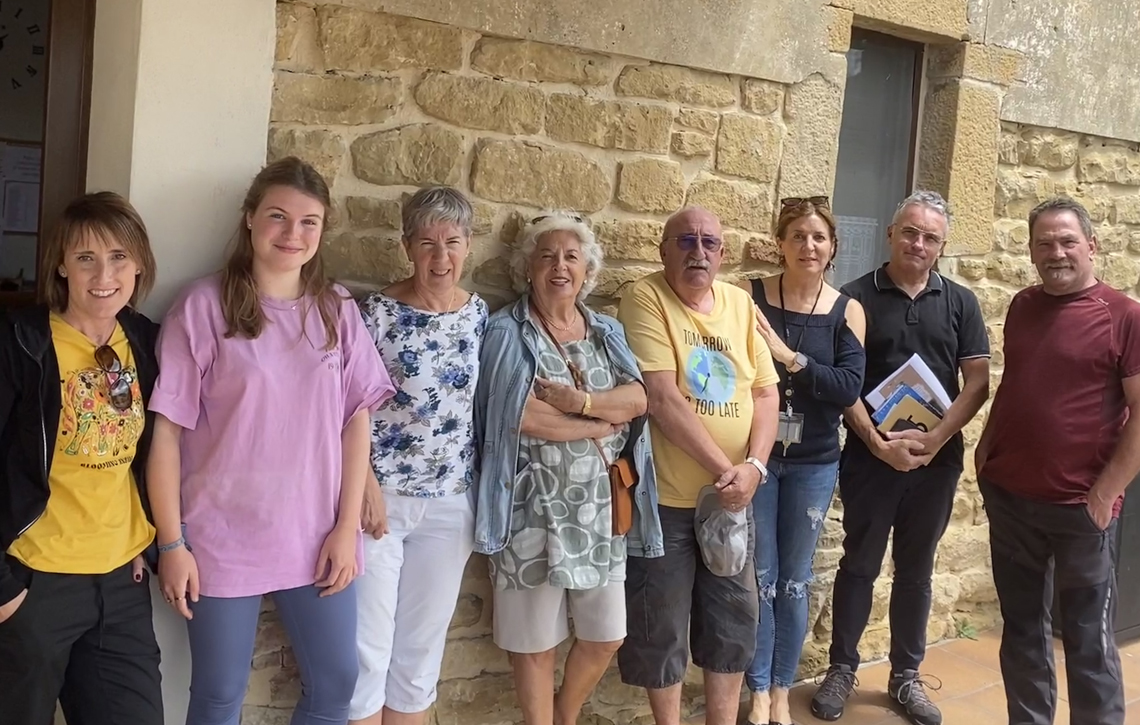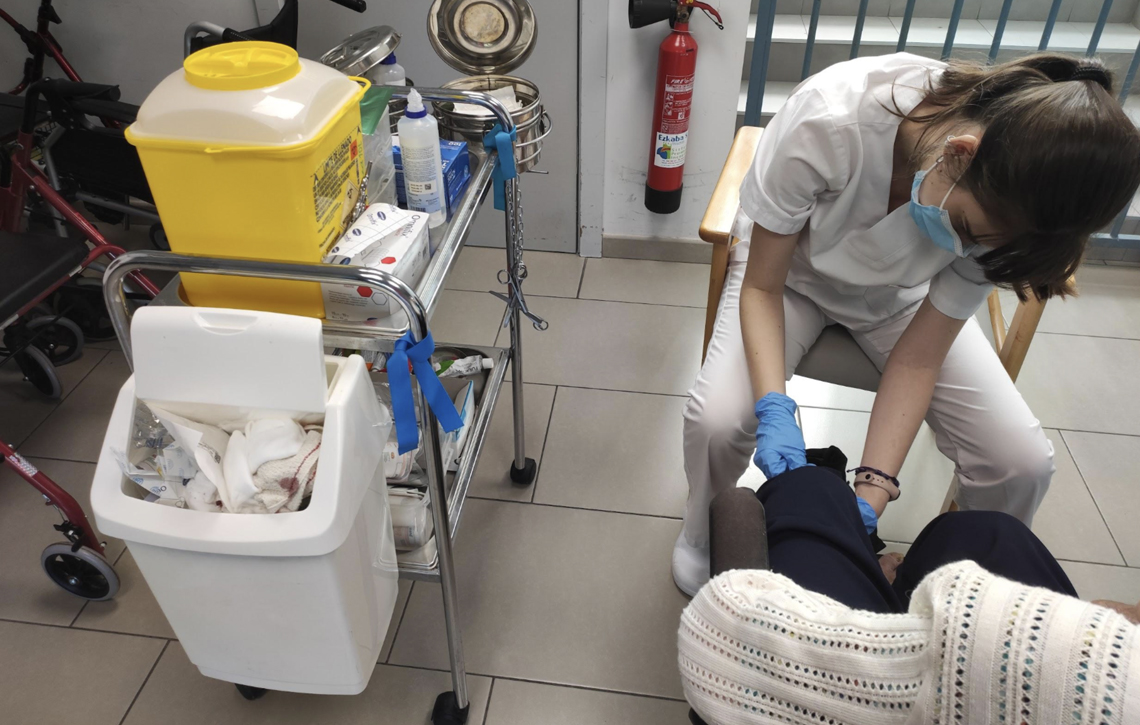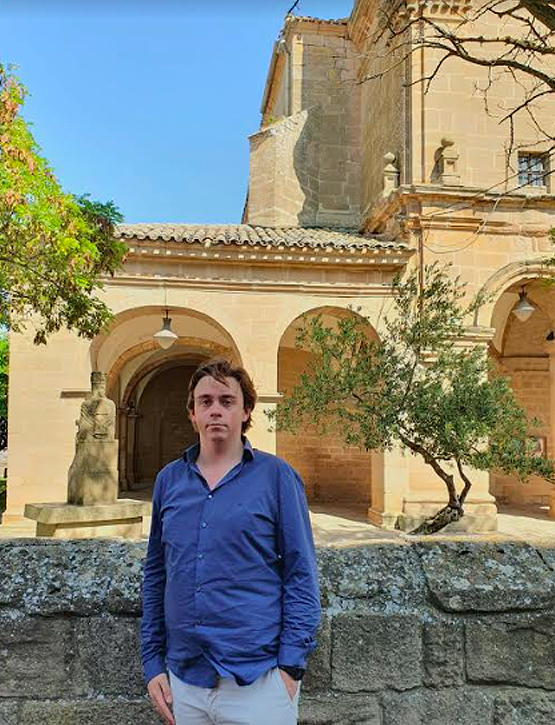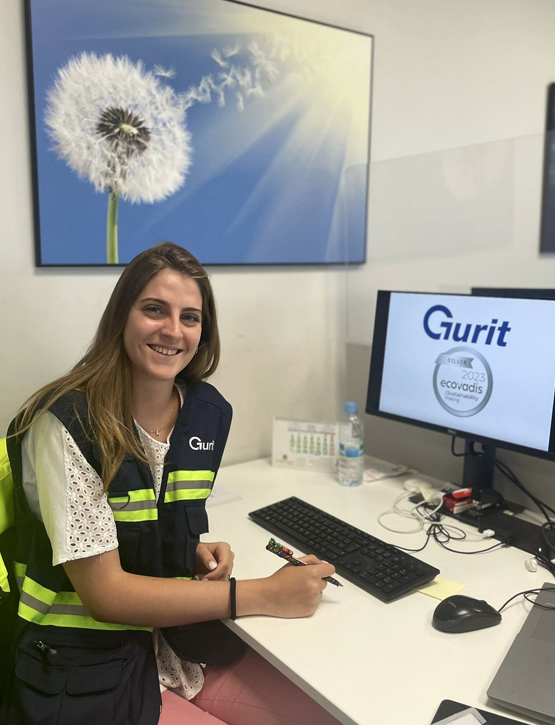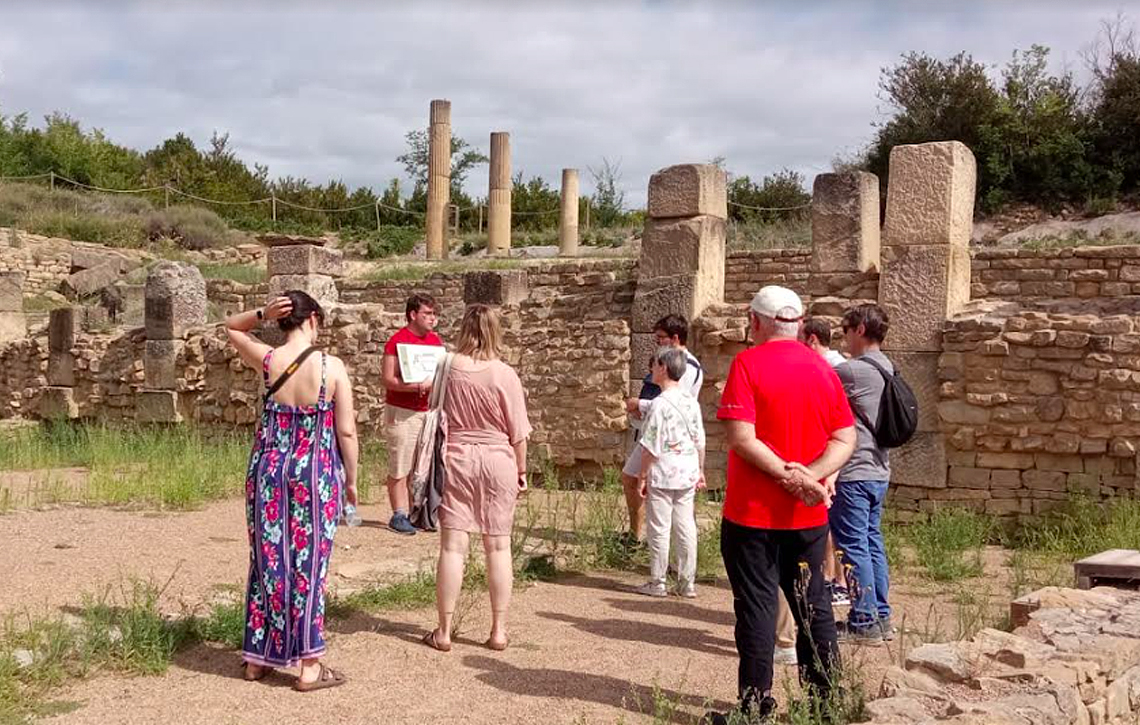University students often take advantage of the summer to carry out professional internships. Since March, especially during the summer season, 33 students from the University have decided to train in 20 towns in Navarra. This has been possible thanks to the project "Revitalizing Rural Heritage", result of the agreement between our University, the General Administration of Local Administration and Depopulation of the Government of Navarra and the La Caixa Foundation, the entity that finances the program.
"The initiative arises as a response to the serious problems related to depopulation and loss of social and economic vitality suffered by large areas of the territory of Navarre and the goal pursued is to reverse - or at least mitigate - the effects it has on the natural, cultural and social heritage of our land," explains Juanjo Pons, promoter of project and Senior Associate Professor of Geography and Land Management of the School of Philosophy and Letters.
The students belong to seven different Schools and study Degrees as History, Journalism, International Office, Pedagogy, Teaching, Biology and management Applied. Several of them have been able to fill in more than one internship in different entities and companies, both public and private, such as city councils, foundations, associations and museums. In total, they have completed 40 internships in which they have been able to get involved with the local population, make the institutions and their needs visible and apply and deepen what they have learned at classroom.
"It is very important that young university students (in many cases urbanites) get to know the rural environment first hand and live with its inhabitants. In addition, they contribute their knowledge, their talent and their enthusiasm helping in tasks that different public and private entities rooted in the territory have detected as needs for the villages. Who knows if, through this 'immersive' experience, future job opportunities and repopulating vocations for these environments will emerge," says Juanjo Pons.


